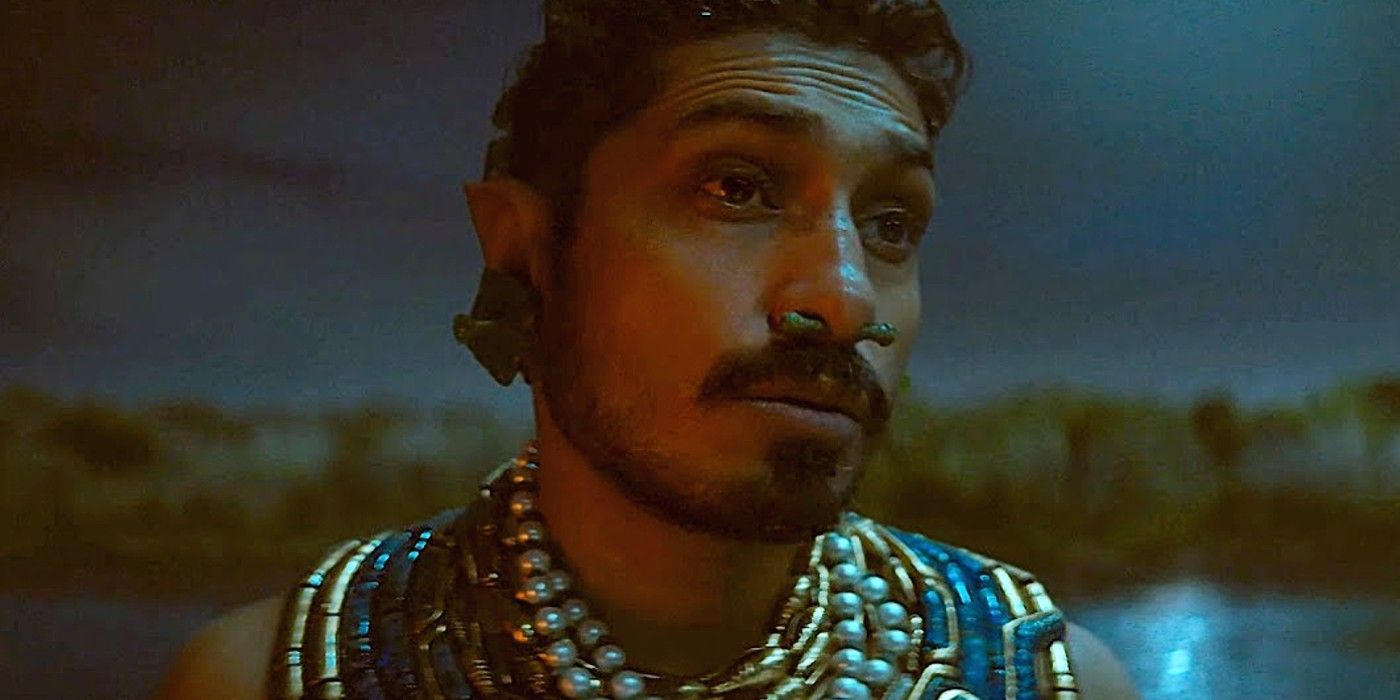Black Panther: Wakanda Forever director Ryan Coogler says late franchise star Chadwick Boseman was enthusiastic about the introduction of the kingdom of Talokan in the sequel movie. Boseman made his debut as T'Challa, a.k.a the Black Panther, in 2016's Captain America: Civil War. He went on to star in a solo film, Black Panther, in 2018, a huge hit which cemented Boseman's status as a Marvel Cinematic Universe star, and earned the No. 6 spot in the all-time domestic box office. Sadly, Boseman passed away due to colon cancer in 2020, and as a result, Black Panther: Wakanda Forever was shifted to being around grieving the loss of the actor and his character. The sequel also introduces a new character to the franchise, with Namor (Tenoch Huerta) and his people finding themselves at odds with Wakanda.
During a sit-down with Entertainment Weekly during EW's Around the Table video series, Coogler revealed Boseman's thoughts on the introduction of the Talokanil people in the Black Panther sequel. According to the director, Boseman was aware of the plans to bring Namor and his kingdom into the MCU and was "fired up about" the chance for such Indigenous representation. See what Coogler had to say below:
"I had spoken with Chad [Boseman] about that aspect of the script [introducing Talokan], and he was really excited. That was something he was fired up about. I remember we were at a restaurant in Los Feliz the first time we talked about possibly having indigenous American representation in the film. He got the biggest smile, like, 'They're never going to see this coming. It's awesome.'"
Related: Black Panther 2: Why Wakanda Is At War With Talokan
Black Panther Pioneered The MCU's Diversity
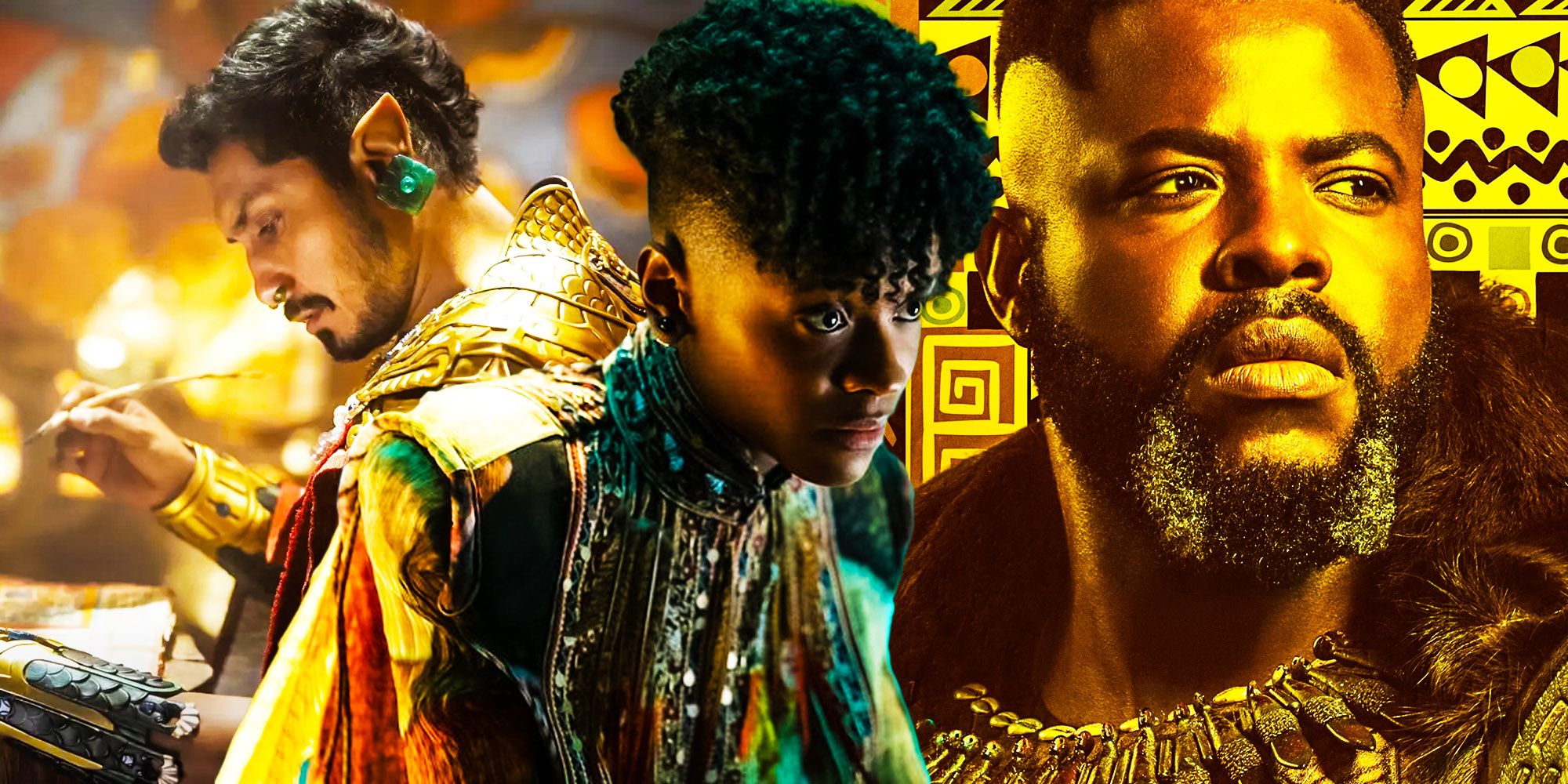
The MCU has been criticized before for its lack of diversity, particularly in Phases 1 and 2, in which each film is led by a white hero and the characters of color that do appear are relegated to supporting their white counterparts. Additionally, Captain America: Civil War dabbled in some problematic and tired tropes, using the pain of Black characters and communities (T'Chaka's death, Rhodey's paralysis, the Lagos bombing) to move the plot forward. Therefore, the release of Black Panther was a significant reset for the franchise.
Black Panther did many things right, boasting an immensely talented, and mostly, Black cast, showcasing Wakanda's advancements, breaking tropes left and right, and demonstrating the fact that Black communities are not a monolith. Since the release of that film, the MCU has taken significant strides in correcting the mistakes of the past by allowing more characters of color their time to shine, as well as bringing the previous supporting characters into the spotlight. For example, The Falcon and the Winter Soldier saw Sam Wilson (Anthony Mackie) step into the Captain America role, while Armor Wars will center on Rhodey (Don Cheadle)'s story.
Outside of Disney+, the MCU's feature films have significantly changed in terms of demographic since the original Black Panther. Shang-Chi and the Legend of the Ten Rings brought the MCU's first Asian superhero into the fold with Simu Liu's titular character, while Eternals featured a diverse ensemble cast, and Doctor Strange in the Multiverse of Madness served as America Chavez (Xochitl Gomez)'s MCU debut. In terms of the franchise's upcoming films and series, the MCU has made great strides with its diverse representation, and clearly plans to continue on that front. Though not entirely impossible, it seems unlikely that any of these empowering stories would have been possible without the success of Black Panther, and Boseman's commitment to furthering that legacy by supporting the introduction of traditionally underrepresented indigenous cultures in Black Panther: Wakanda Forever is inspiring.
Next: How Black Panther: Wakanda Forever Handles T'Challa's DeathSource: EW
Key Release Dates
-
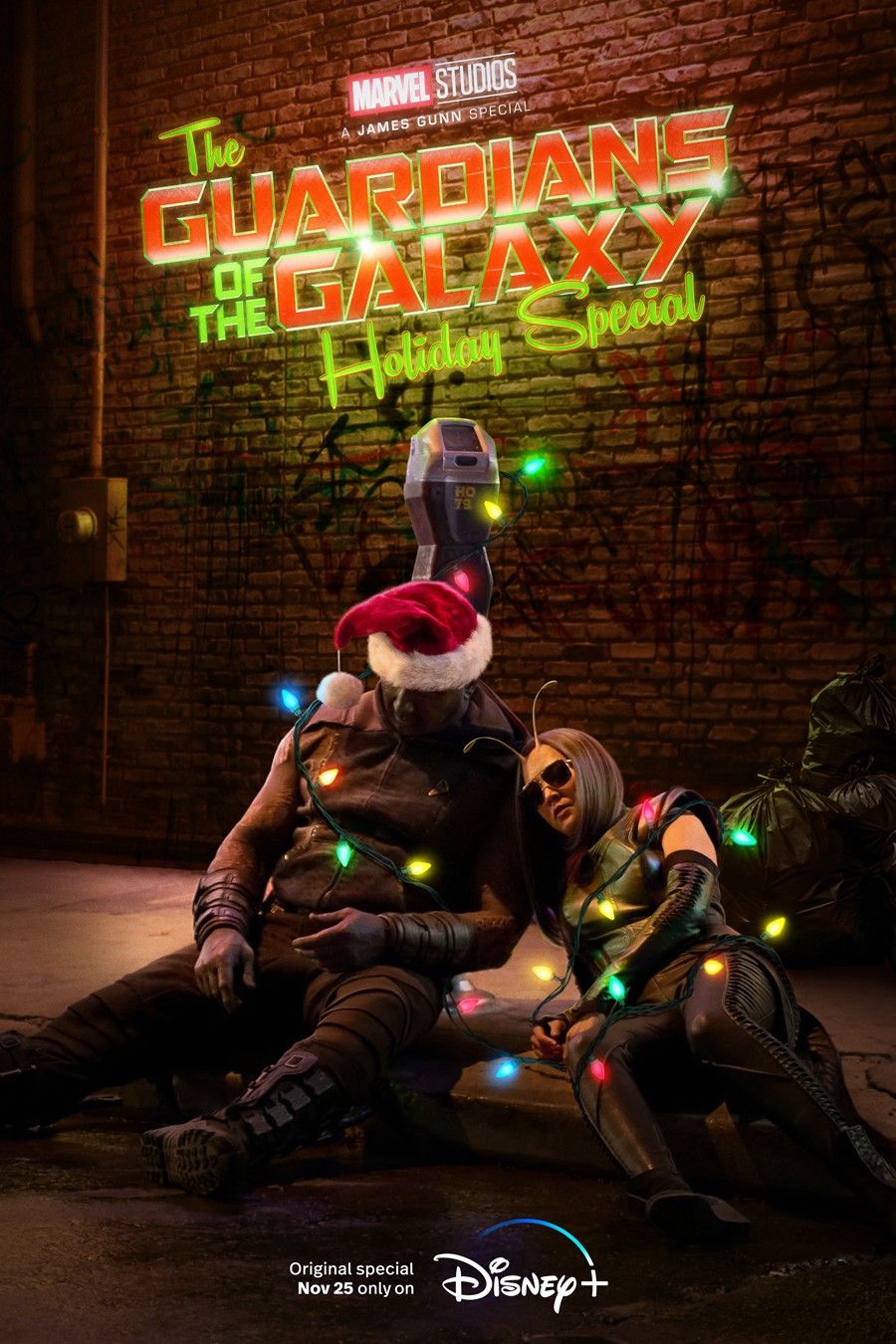
The Guardians of the Galaxy Holiday Special
Release Date:2022-11-25 -
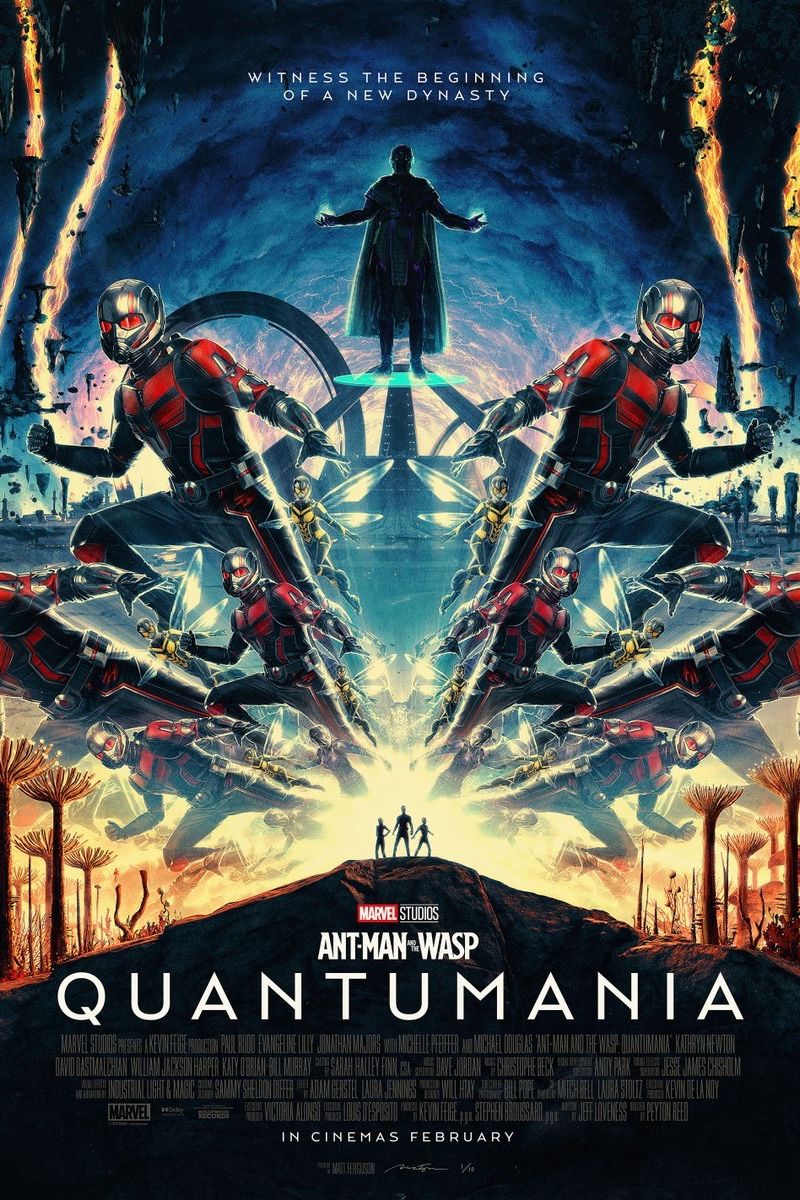
Ant-Man & the Wasp: Quantumania
Release Date:2023-02-17 -

Guardians of the Galaxy Vol. 3
Release Date:2023-05-05 -
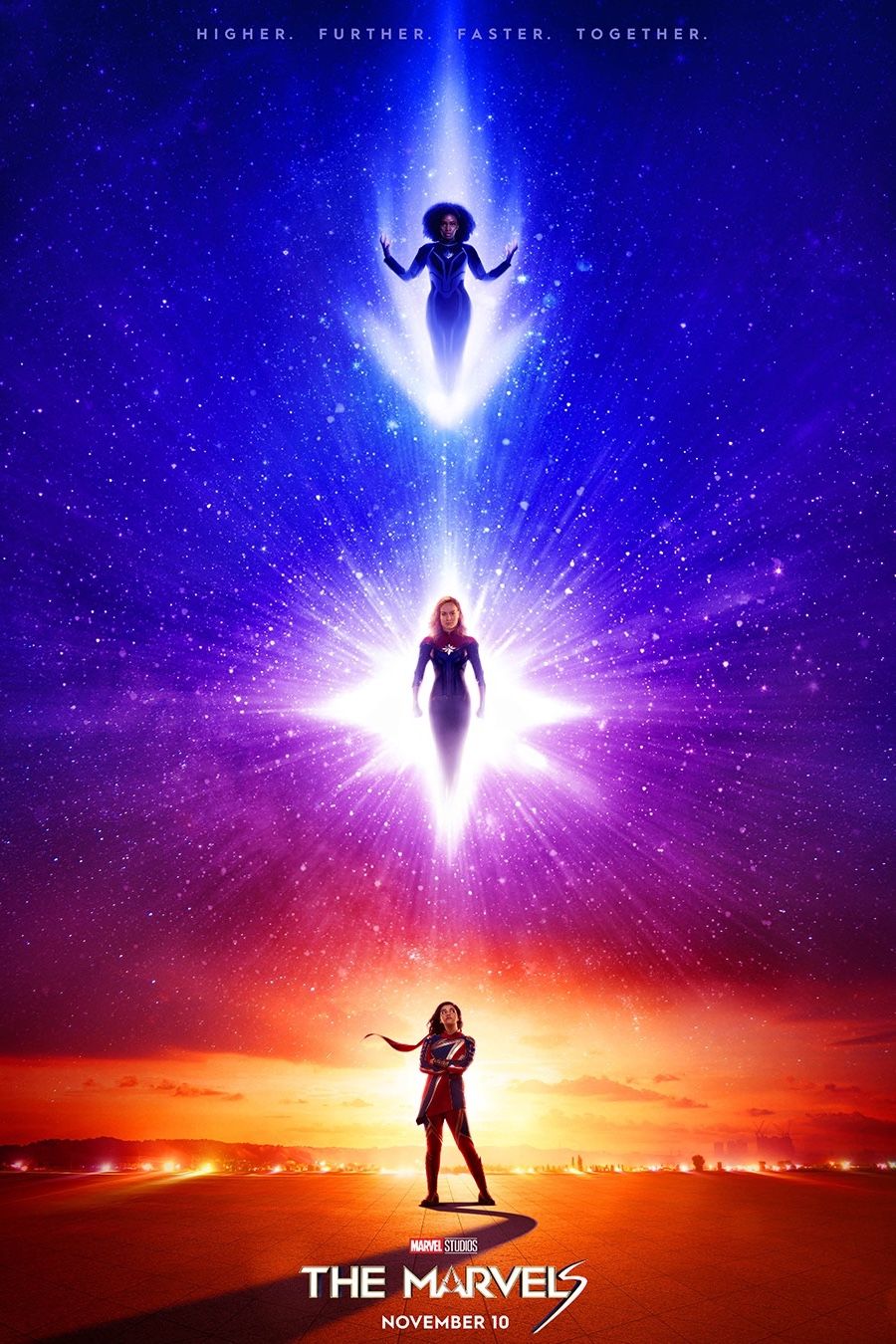
The Marvels
Release Date:2023-11-10 -
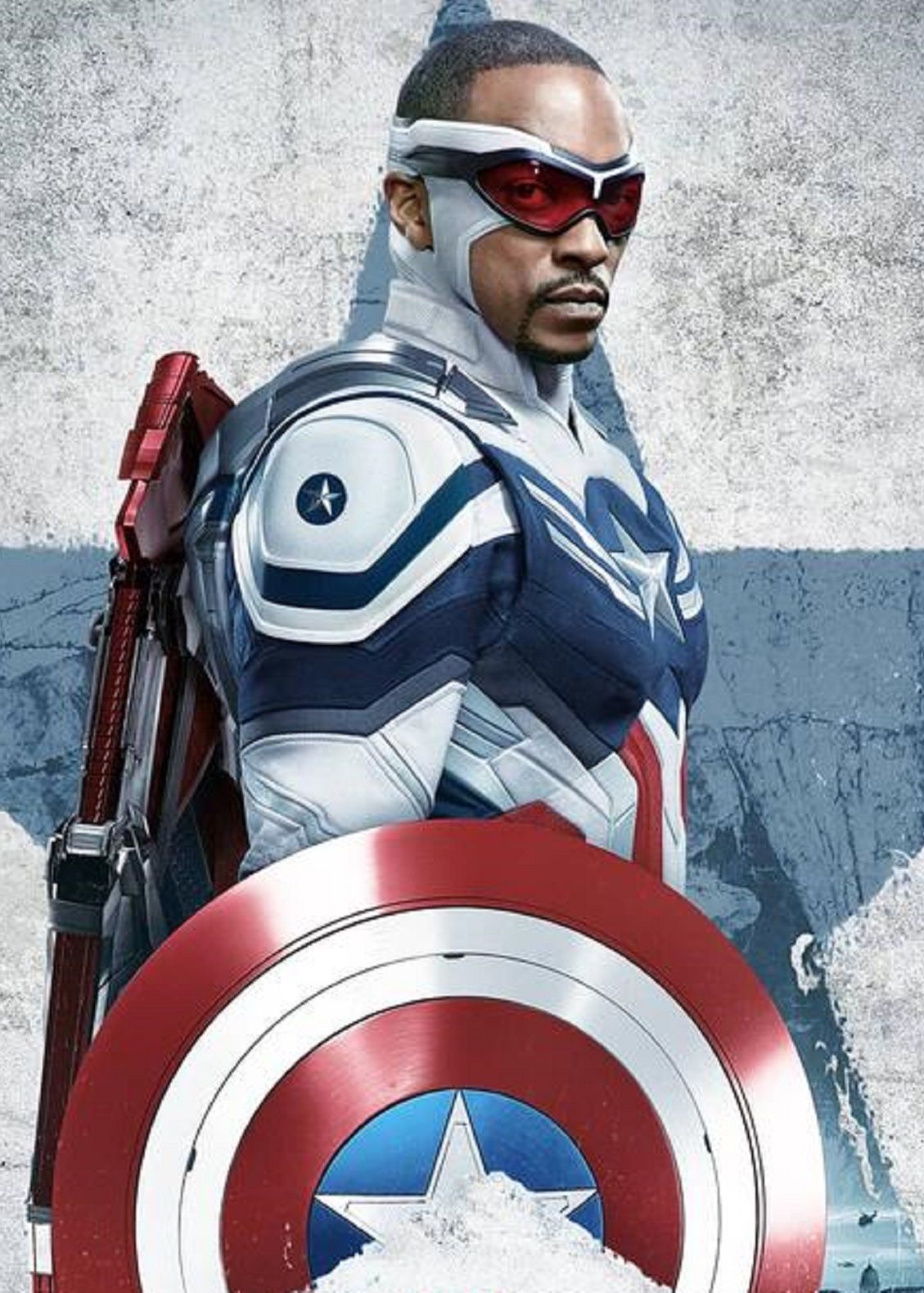
Captain America: Brave New World
Release Date:2024-05-03 -
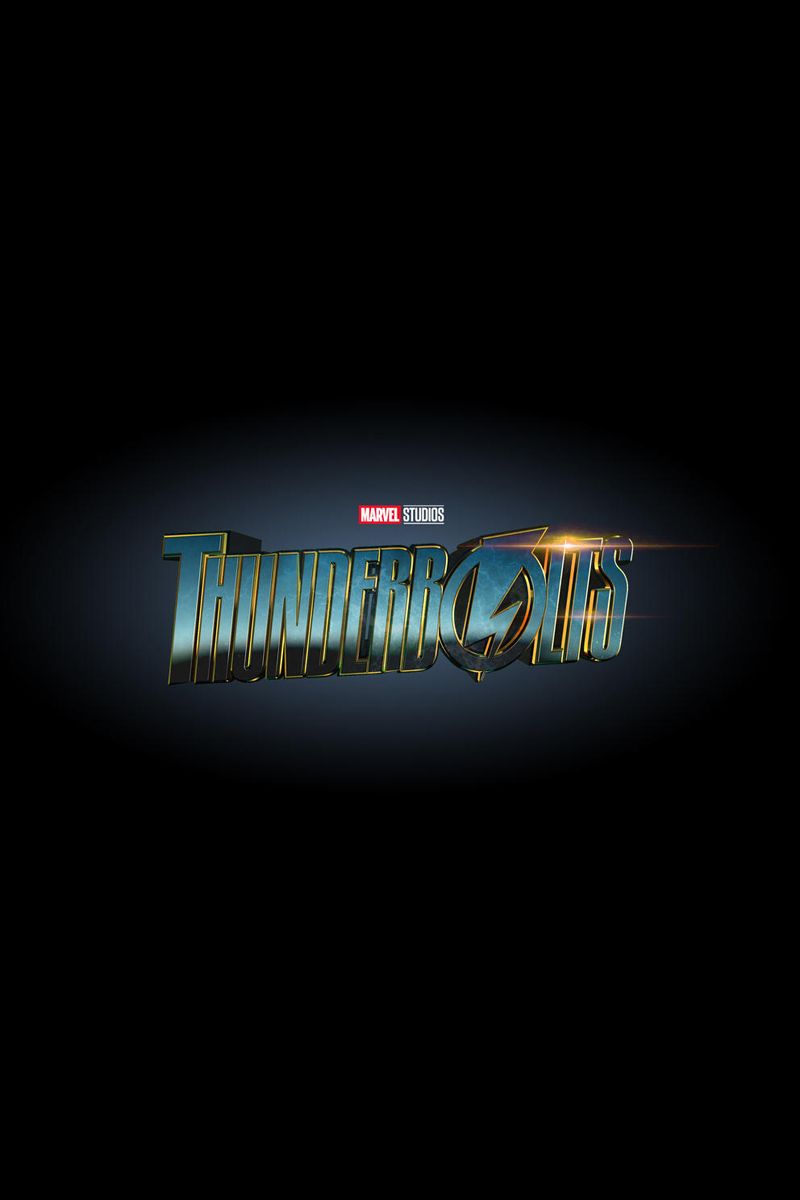
Marvel's Thunderbolts
Release Date:2024-12-20 -
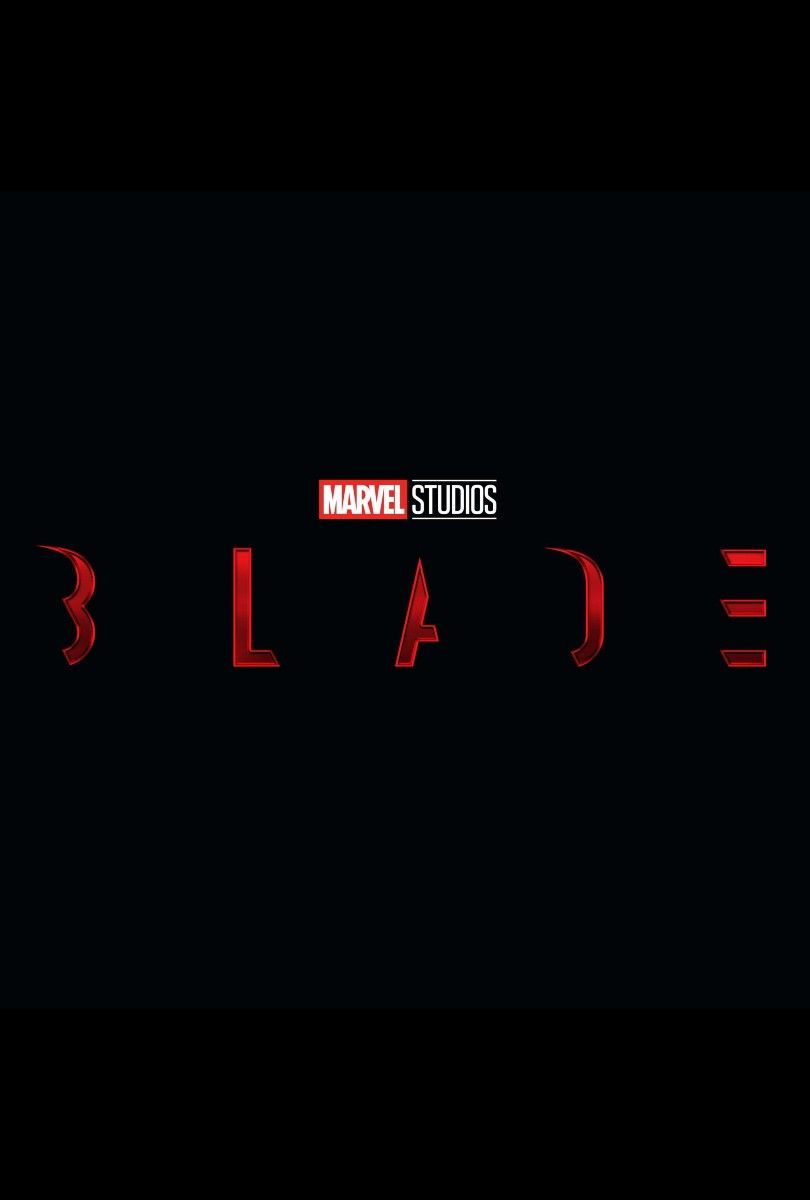
Blade (2025)
Release Date:2025-02-14 -
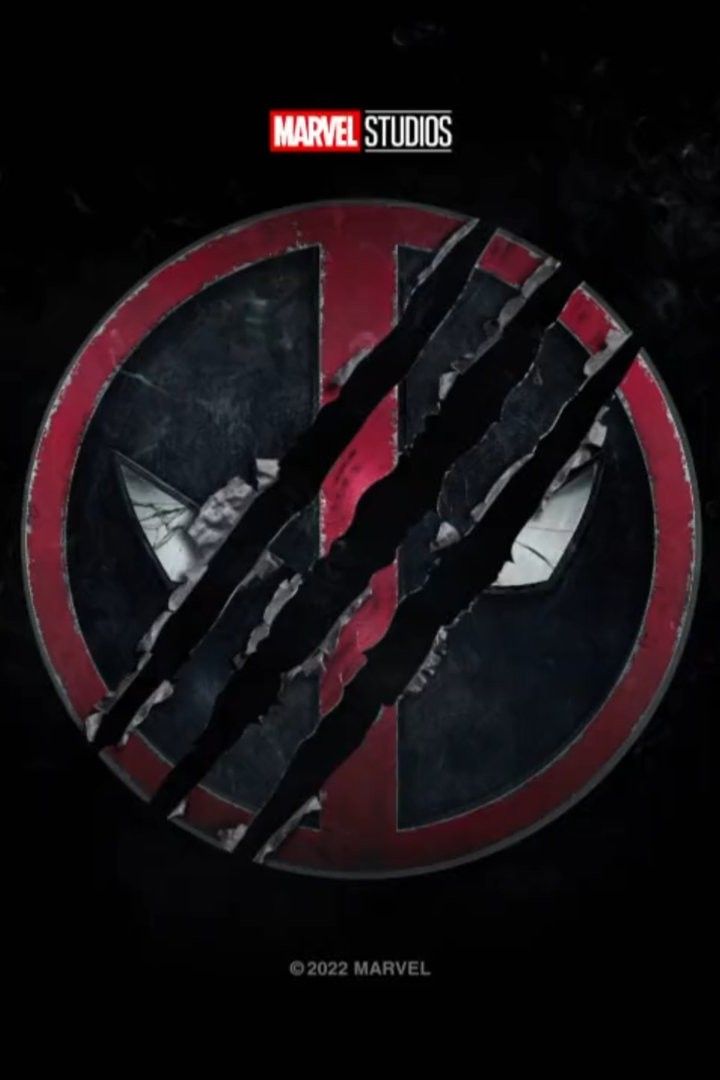
Deadpool 3
Release Date:2024-05-03 -
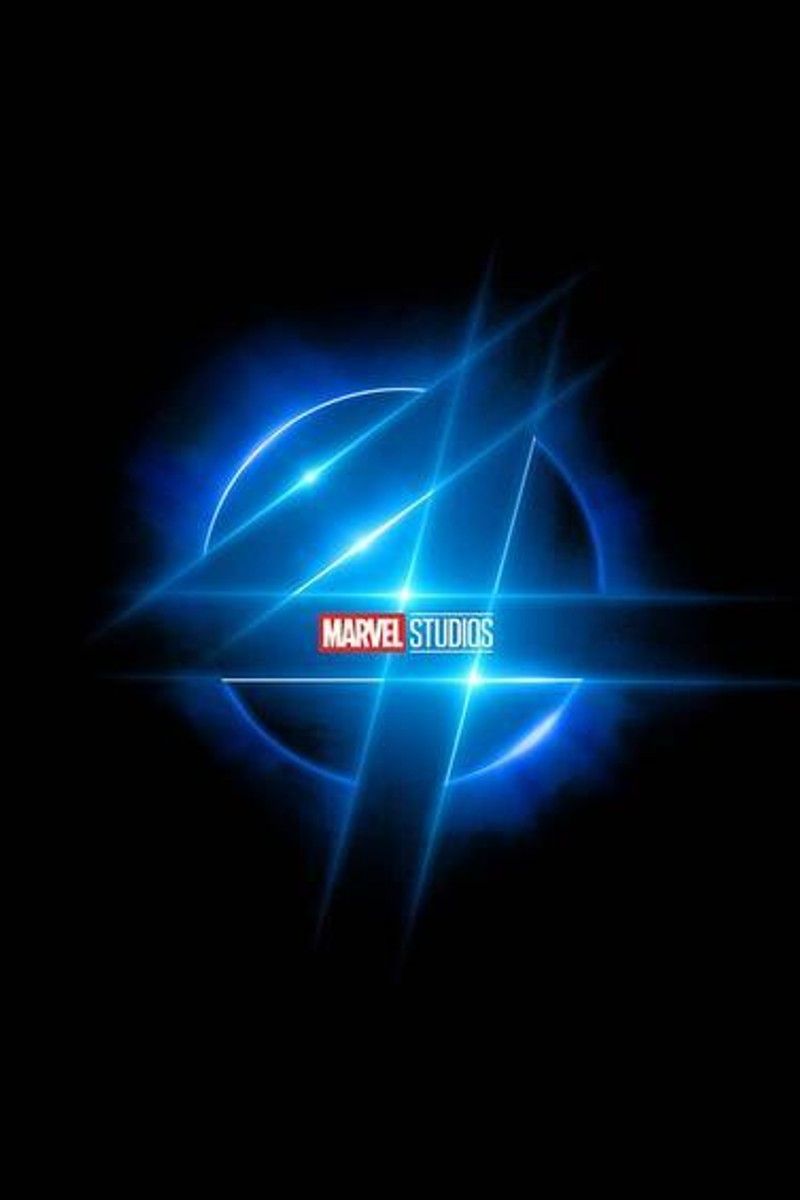
Marvel's Fantastic Four
Release Date:2025-05-02 -
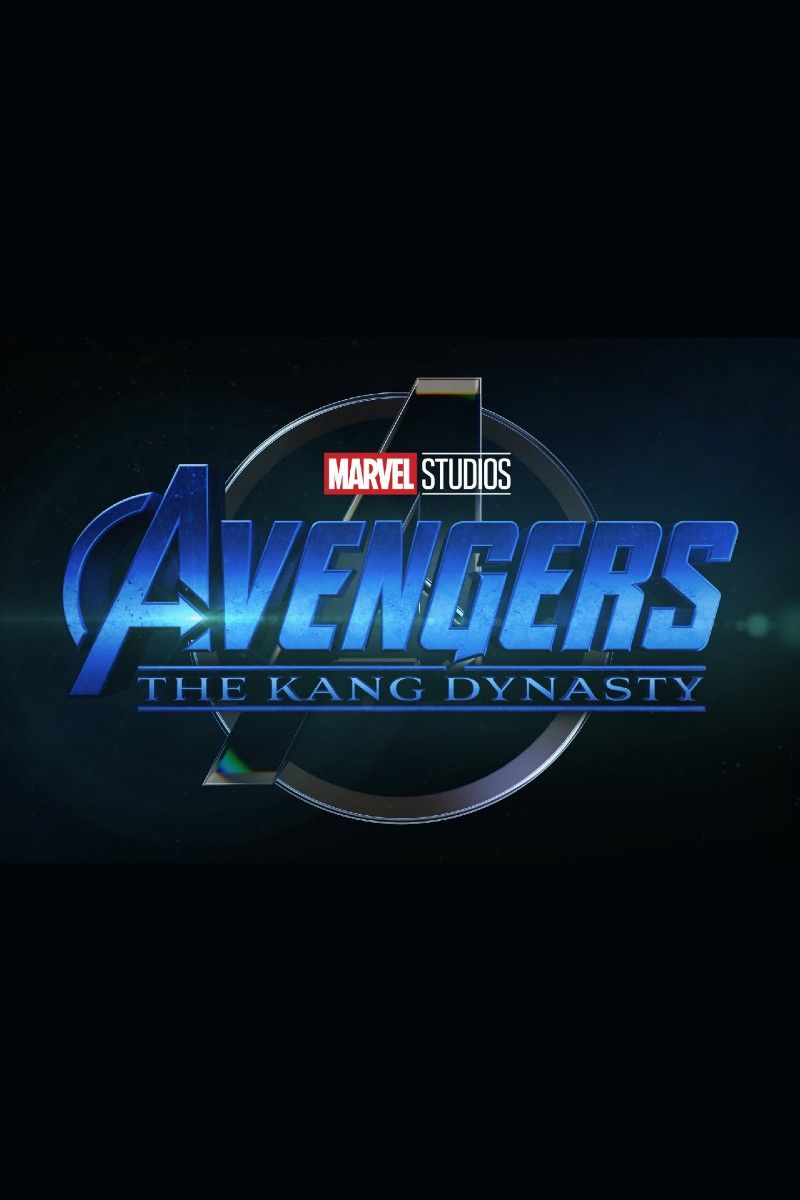
Avengers: The Kang Dynasty
Release Date:2026-05-01 -

Avengers: Secret Wars
Release Date:2027-05-01

